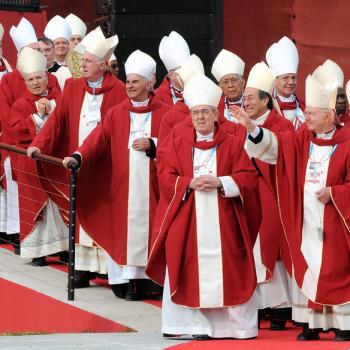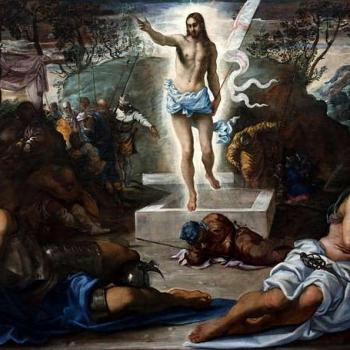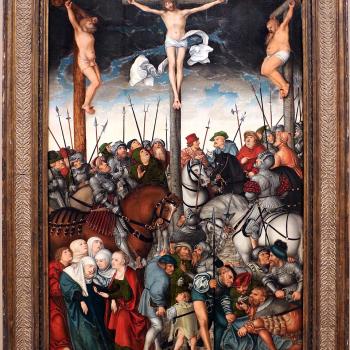Finally, as I have been agitating for throughout my career, modern-day Christians are discovering George Herbert, whom I consider to be the greatest and most spiritually satisfying Christian poet. Now Wesley Hill writes about him in Christianity Today.
If you want a guide to Herbert’s poetry–what he is doing aesthetically, theologically, and spiritually–you should read my book on the subject, which is newly brought back in print, another sign of the Herbert revival.
From Wesley Hill, The Dead White Poet You Need in Your Life | Christianity Today [Read it all, but here is sample.]
I can’t claim such a dramatic encounter [as Miranda Threllfal-Holmes, who said Herbert converted her to Christianity, as we blogged about], but I do blame the great 17th-century English priest and poet for deepening my journey in Christ and leading me into a liturgical church.
And so do other believers, among whom it seems there is a small renaissance of all things Herbert. Scholar John Drury just published his biography of Herbert in the United States. Theologian and blogger Benjamin Myers is working on a small book of letters to the poet, entitled Dear Mr. Herbert. Each one will riff on one of the poems and describe how it has formed Myers spiritually. (A wonderful discipline: Compose letters to your favorite figures from Christian history, telling them how their witness has helped to fortify your faith.) And various church leaders, like Threlfall-Holmes, have been seeking to make Herbert accessible to a wide range of ordinary believers.
We need Herbert’s words today, to remind us that the Christian life is one that invites hope but makes room for struggle.
Why all this interest in Herbert, and why now? I believe it’s because Herbert writes with unblinking candor about both the joy of faith and the ongoing pain of our remaining weakness. We need his words today, to remind us that the Christian life is one that invites hope, but makes room for struggle as well. . . .
Though we might be tempted to keep poetry and theology separate, Herbert blended his vocations in a powerful way that influenced later poets such as Gerard Manley Hopkins and W. H. Auden. Lines like “Love is that liquor sweet and most divine, / Which my God feels as blood; but I, as wine” show Herbert as a first-rate biblical interpreter. He links the love that prompted God to give up his Son for us, the blood that was the cost of God’s self-giving, and Communion, the place where we “feel”—tangibly, with our taste buds—that God’s atoning love was meant for us, today.
And yet the reason Herbert’s Complete English Works still finds readers like me is because he fuses such rich truths with a heartfelt, occasionally wince-inducing honesty about how those truths are so hard to grasp. Doubt and grief never quite dissipate from his verse. They don’t overshadow his proclamation of Christ. But they linger, like a chill that hasn’t been driven out of the room, despite the fire blazing in the hearth.












